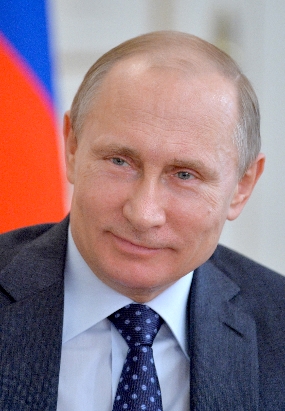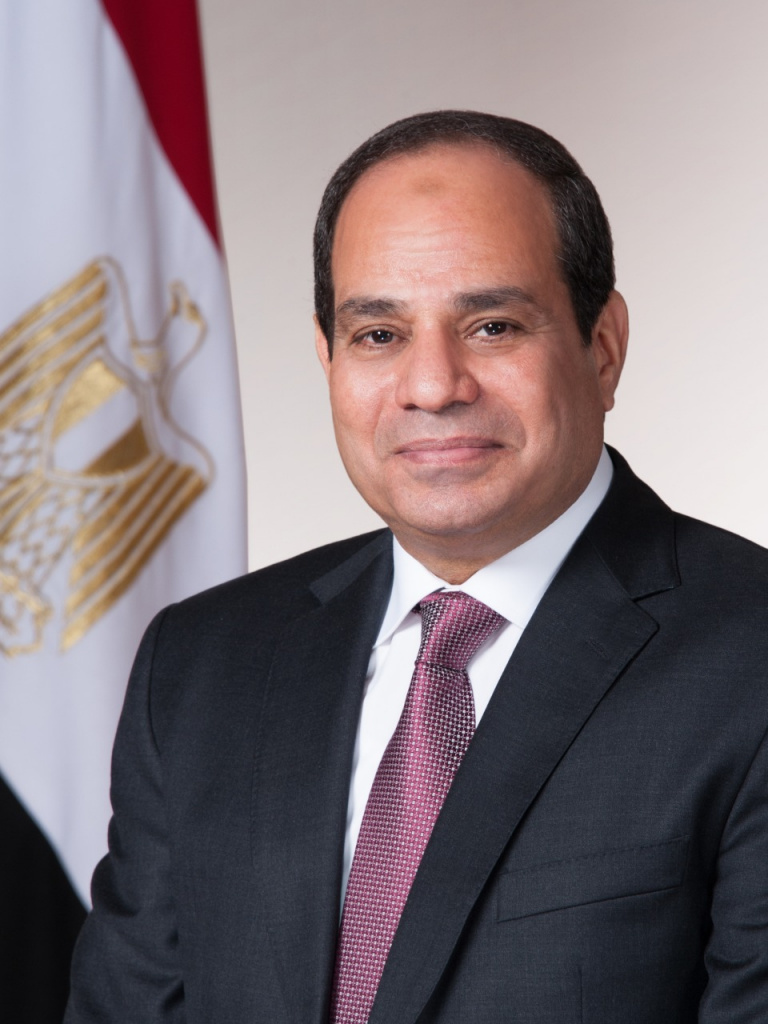TASS Hosts Discussion on Need to Enhance Russia’s Information Presence in Africa
20 May, Moscow – A conference titled ‘Africa in the Mirror of the Media’, which was organized by the Russkiy Mir Foundation and the Russian Association for International Cooperation (RAIC), addressed the issue of covering the Russian agenda in Africa and the African agenda in Russia. RAIC General Secretary Vladimir Polozkov, Russian World Executive Director Vladimir Kochin, and Association of Economic Cooperation with African States (AECAS) Executive Director Anna Belyayeva spoke about the work being carried out in this regard.
The Union of African Diasporas and the RAIC spoke about their intention to create an Association of Russian-Speaking Journalists and Bloggers in Africa.
“We know that there is very high demand for cooperation in terms of humanitarian interaction with Africa. We have a considerable social network of friends of Russia in Africa – primarily among graduates of Russian and Soviet universities. We believe that this collaboration is very important and we are building up efforts for this purpose,” Polozkov said.
The discussion was attended by Foundation for Cooperation with the Russian-Language Foreign Press Executive Director Alexander Klein, and Union of African Diasporas President Zenebe Kinfu.
Belyayeva noted that Russia’s information presence in the African media is the number one priority for successfully promoting Russia’s business agenda throughout the continent.
“Our main job is to align the interests of Russian companies and progress towards Africa. In this regard, the business agenda is certainly linked with the agenda of media promotion as well as the cultural and social agenda, since we can only enter Africa in a holistic manner. We recently made a decision with the RAIC and the Roscongress Foundation to work together to promote Russia on the African continent. We can only make progress on this agenda by working together collectively,” she said.
Commenting on the key goals that the association has set for itself, Belyayeva singled out a project that will require the combined efforts of organizations involved in international cooperation and promoting Russia abroad, including maintaining contact with foreign graduates of Russian universities and promoting the Russian language.
“We understand the need to create the so-called United Russia-Africa Online Space, i.e., to assemble the entire array of information that exists on the Russian-African agenda in one place, since information coverage is at a very low level right now,” Belyayeva said.
She also said it is crucial to compare the needs of Russian business and the professions in which African scholarship recipients study in Russia.
“We want to analyse the capabilities of our Russian universities and the demand from Russian business. The goal of this project is for African students studying in Russia to conduct internships at Russian enterprises operating in Africa,” she said.
Belyayeva emphasized the need for government financial support to promote Russia in Africa.
“We have studied the issue of creating a state direct investment fund to work in Africa. This is a very big, serious thing, and many of our competing countries have it. Of course, this is also required for Russian business,” she said.
Belyayeva noted that, per tradition, the African agenda will be part of the programme of the St. Petersburg International Economic Forum, which will take place on 2–5 June.
“We are preparing a session at the SPIEF, the Russia-Africa Business Dialogue, together with a member of our Association, the Roscongress Foundation. I would like to point out that both Russian and African high-profile speakers have shown great interest,” she said.
The conference was also attended by Russian-speaking journalists based in various African countries: Egypt, Morocco, Ethiopia, Nigeria, Cameroon, and Tanzania. They noted there is a lack of information about Russia in Africa and no Russian-language media on the continent, while Western media have long been working to promote their agenda in Africa.
“With significant support from the government to implement information, educational, and educational policies that aim to raise awareness among the African public and create a positive image of Russia, we will be able to create new reliable platforms for African-Russian collaboration in parallel with the development of the economic and political community,” said Duke Michel Ngebana, the Honorary Consul of the Russian Federation in Pointe-Noire (Republic of the Congo) and a member of the World Coordination Council of Russian Compatriots Living Abroad.
Photo source: TASS


